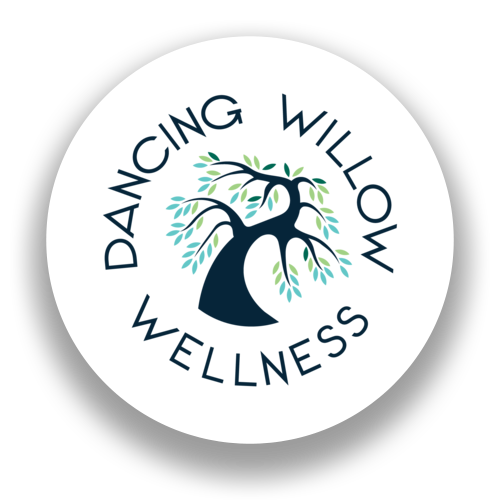Time to have a Chat About Stress
Stress…tell me about it, right?!
We’ve all had our fair share of stress over the last few years with the pandemic and all that’s come from that. Some of you have felt more stress with the loss of work, while others have felt like they have been working like a dog. Some people have been called heroes by some and spit on by others. We’ve also seen one of the most concerning protests in Canada in recent memory. All these events add stress to our lives!
We each handle stress a little differently…
Some of us deal with the issue and can move on so the stress is brief. Others have more of a “flight” response where we just get the heck away from the stress. And then there are those who have the “fight” response where they just keep banging their head against the wall hoping for something to change. The “fight” response in the long run isn’t a good thing.
Did you know that stress can cause you to become unwell?
A friend of mine, let’s call her Sue, has chronic low back pain. Sue normally doesn’t complain about her low back pain; however, when she’s experiencing more stress, her pain flares and she feels awful.
It takes time for the stress to build before Sue starts to feel terrible.
At first, Sue’s lower back just feels stiff, sore, and achy. After a while, Sue begins to have difficulty getting out of bed, walking, bending over, and dressing herself. When Sue’s having difficulty with these daily tasks, she starts to skip activities with friends and family. Sue continues to go to work but struggles with the ache in her back. She describes how she feels the need to go to work “to be useful” even though working through a pandemic is a major source of stress.
Stress also causes other problems for Sue…she is overeating, moody and her blood pressure is increasing. Sue needs a break.
So, how do we let go of our responsibilities for a bit and perform some much-needed self-care so that we have better health and more energy without the guilt?
Sue agreed that she needs to refuse taking overtime and only work her scheduled shifts. Further, Sue agreed to book some days off for rest and relaxation. All of this helps to ensure that Sue is not overworked. She is prioritising work but also herself and her health so she can continue to help others.
I have personally learned two important things to reduce stress.
First, is learning to prioritise things. This is what Sue has done by agreeing to only work her scheduled shifts and refusing overtime. We need to determine what is important in our life…is the centre of your universe family or work or both?
I have discovered, as a nurse working in a hospital, that I’m killing myself for a job that would replace me within a week if I dropped dead.
I need to take care of myself. Just like you do.
Since the pandemic I have decided to find life in work. What does that mean? I mean do your work because you enjoy your work, take accountability because you own it, and act responsibly because you commit to.
We add value by what we give. My job will still replace me, but they will also miss me if I drop dead next week because I made an impact. However, with that said, we also must have something to give.
That brings us to the second item to reduce stress…take time for yourself to enjoy the things that bring you joy.
Sue enjoys spending time with her family and friends going on hikes. In fact, as Sue began to work less she began hiking more with her family and friends. The increase in hiking resulted in weight loss and a decrease in blood pressure.
The exercise also had the added benefit of releasing endorphins that helped with reducing pain in Sue’s lower back making it manageable again. Sue’s well on her road to recovery by taking some time for herself and engaging in some of the stress relieving activities below.
“You are not lazy, unmotivated, or stuck. After years of living your life in survival mode, you are exhausted. There’s a difference.”
~Nakeia Homer
Here are 15 simple ways you might try to relieve stress:
Get more physical activity
Follow a healthy diet
Minimize phone use and screen time
Get plenty of sleep
Practice self-care
Reduce your caffeine intake
Spend time with family and friends
Create boundaries and learn to say no
Learn to avoid procrastination
Take a yoga class
Practice mindfulness
Cuddle
Spend time in nature
Practice deep breathing
Spend time with your pet
If you’re still having difficulty managing stress and would like to discuss it further, book a free 20-minute consultation and we can chat.





